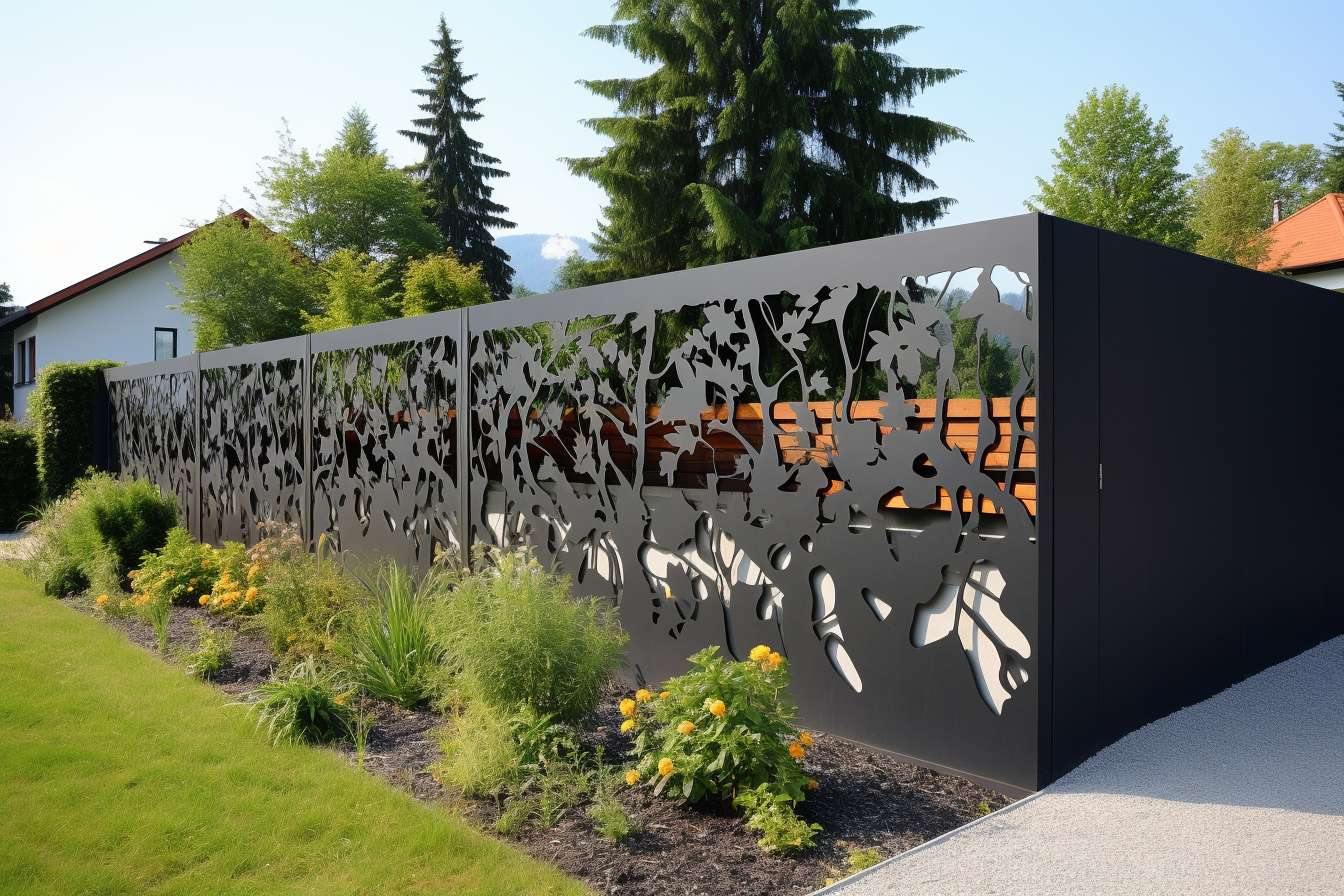Landscape Jobs: Entry into the World of Outdoor Design and Maintenance
The landscaping industry offers a wide spectrum of opportunities for those interested in working outdoors and contributing to the aesthetics and functionality of green spaces. This sector encompasses roles that range from basic maintenance tasks to advanced landscape architecture and design. In urban and rural environments alike, landscaped areas contribute not only to visual appeal but also to environmental sustainability and property value. Entering this field can be a starting point for both skilled tradespeople and those seeking long-term careers in horticulture, design, or environmental management.

Key Tasks and Responsibilities in Landscape Care and Design
Landscape professionals perform a wide range of duties that vary seasonally and according to their specialization. Entry-level positions typically involve routine maintenance tasks such as mowing, edging, and basic planting. As workers gain experience, they may take on more complex responsibilities including:
-
Soil preparation and amendment
-
Plant selection and installation
-
Irrigation system setup and maintenance
-
Hardscape construction (patios, walkways, retaining walls)
-
Lawn care treatments and disease management
-
Tree and shrub pruning and care
-
Seasonal cleanups and property preparations
Commercial landscapers often focus on maintaining larger properties like business parks, apartment complexes, or public spaces, while residential specialists may develop closer client relationships and more customized garden solutions. Landscape designers and architects represent the most advanced tier, creating comprehensive plans that balance aesthetics, functionality, and environmental considerations.
Essential Skills and Competencies for Success in the Landscaping Field
Thriving in the landscaping industry requires a combination of physical capabilities and specialized knowledge. Physical stamina is fundamental, as the work involves lifting, digging, and operating equipment in various weather conditions. Technical skills develop over time and may include:
-
Plant identification and knowledge of growing requirements
-
Understanding soil types and proper amendment techniques
-
Proficiency with various hand and power tools
-
Basic construction principles for hardscape elements
-
Problem-solving abilities for drainage and terrain challenges
-
Time management and project organization
-
Customer service and communication skills
While formal education isn’t always required for entry-level positions, certifications in areas like pesticide application, irrigation installation, or specialized pruning techniques can significantly enhance career prospects. Successful landscapers also demonstrate attention to detail, reliability, and the ability to visualize completed projects before work begins.
Career Growth Opportunities and Development in Landscape Design and Maintenance
The landscaping industry offers numerous paths for advancement beyond entry-level work. With experience and additional training, crew members can progress to:
-
Crew leaders or foremen managing teams
-
Specialized technicians (irrigation, lighting, tree care)
-
Project managers overseeing multiple job sites
-
Account managers handling client relationships
-
Operations managers directing company logistics
-
Business owners establishing independent operations
For those interested in the design aspect, additional education in horticulture, landscape design, or landscape architecture opens doors to creative roles developing comprehensive landscape plans. Many professionals choose to specialize in niches like sustainable landscaping, native plant gardens, or outdoor living space construction.
Professional associations like the Association of Professional Landscapers and the Landscape Institute offer continuing education, networking opportunities, and professional certifications that validate expertise and facilitate career advancement.
Tools and Equipment Used in Landscape Construction and Maintenance
Landscape professionals utilize a wide array of tools ranging from simple hand implements to sophisticated machinery. Common equipment includes:
-
Basic hand tools: shovels, rakes, pruners, trowels
-
Power equipment: mowers, blowers, trimmers, chainsaws
-
Specialized tools: edgers, aerators, dethatchers, sod cutters
-
Construction equipment: skid steers, mini-excavators, trenchers
-
Design tools: measuring devices, software programs, drafting supplies
-
Safety equipment: gloves, eye protection, ear protection, steel-toe boots
Learning to properly operate and maintain these tools is essential for job performance and workplace safety. As workers advance in their careers, they typically gain proficiency with increasingly complex equipment, enhancing their productivity and value to employers.
Landscape Industry Salaries and Employment Outlook
The landscaping sector offers varied compensation depending on role, experience, and location. The industry has shown steady growth, particularly in urban and suburban areas where property enhancement remains a priority.
| Position | Experience Level | Annual Salary Range (GBP) | Career Progression |
|---|---|---|---|
| Landscape Assistant | Entry-level | £16,000-£19,000 | 1-2 years to crew member |
| Landscape Technician | 2-3 years | £19,000-£23,000 | Potential for specialized roles |
| Crew Leader/Foreman | 3-5 years | £23,000-£28,000 | Management track potential |
| Landscape Designer | With education | £25,000-£35,000 | Can lead to senior design roles |
| Operations Manager | 5+ years | £30,000-£45,000 | Business management track |
| Landscape Architect | With degree | £30,000-£50,000+ | Partner or principal potential |
Salary estimates mentioned in this article are based on the latest available information but may change over time. Independent research is advised before making financial decisions. These figures represent industry averages rather than guaranteed compensation for specific positions.
Conclusion
Landscape jobs offer rewarding career options for those who appreciate outdoor work and take pride in creating beautiful, functional spaces. The field accommodates various interests and skill levels, from hands-on maintenance work to sophisticated design and project management. With clear pathways for advancement and the satisfaction of seeing tangible results from one’s efforts, landscaping provides both stable employment opportunities and the potential for creative expression through environmental enhancement.




